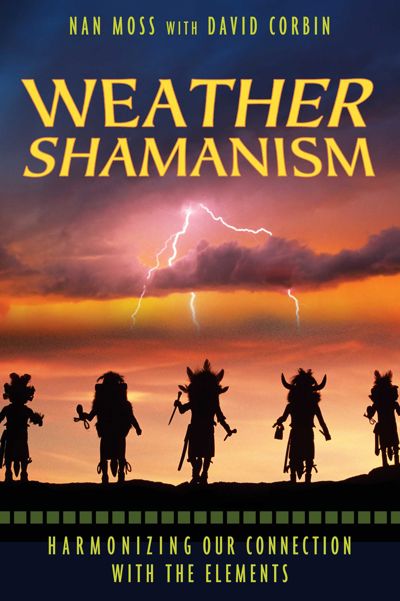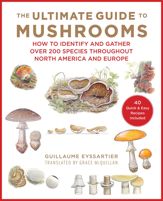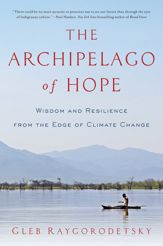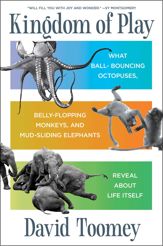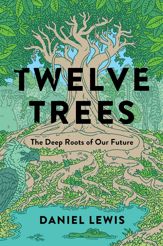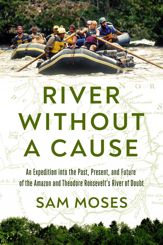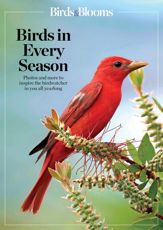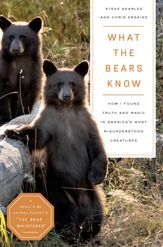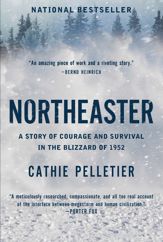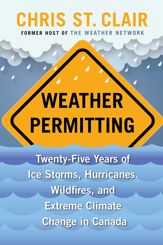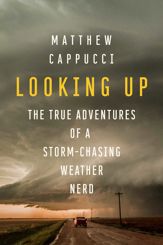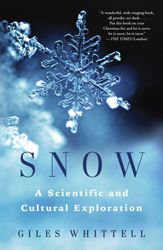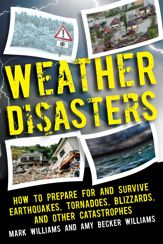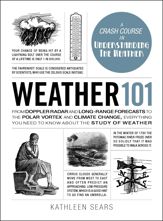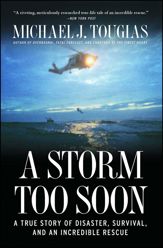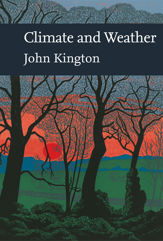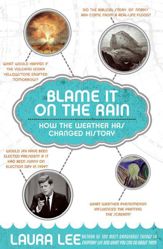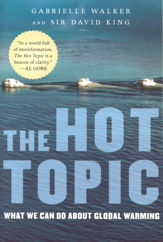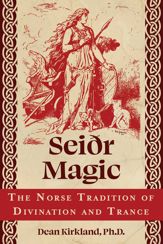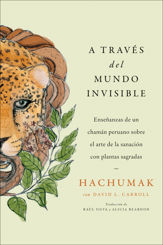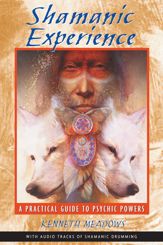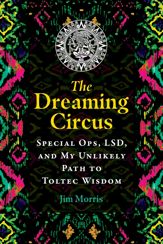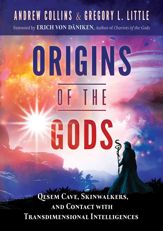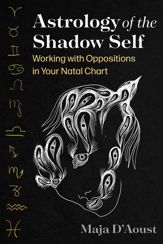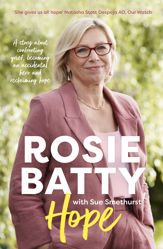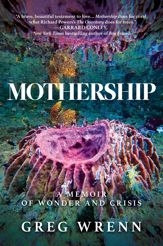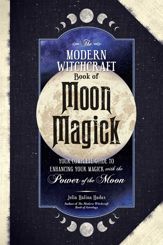“In this time of climate change our planet is asking us to raise our consciousness and awareness and to find a state of peace, balance, and harmony within us. [Weather Shamanism] is filled with brilliant teachings that will fuel your understanding and insight not only into weather but about life itself.”
Description
Creating an alliance and working partnership with the spirits of weather to restore well-being and harmony to Earth and ourselves
• Reveals that, intentionally or not, we affect the weather not only through our actions but also through our thoughts and emotions
• Explains shamanic techniques for working with the spiritual nature of weather
• Special section on “weather dancing” details both its ceremonial and therapeutic aspects
With the growing consensus that global warming is a fact comes the realization that the increasingly violent weather we are experiencing is its chief manifestation. Each storm, each flood, each blizzard seems to break 100-year-old records for both intensity and damage. Reducing emissions of greenhouse gases may be too little, too late.
Through a unique blend of anthropological research, shamanic journeys, and personal stories and anecdotes, Moss and Corbin show how humans and weather have always affected each other, and how it is possible to influence the weather. They present teachings directly from the spirits of weather that show how our thoughts and emotions affect weather energetics. They also reveal the ceremonial and therapeutic aspects of “weather dancing,” a practice used to communicate with the weather spirits.
Weather Shamanism is about transformation--of ourselves, and thus our world. It is about how we can develop an expanded worldview that honors spiritual realities in order to create a working partnership with the spirits of weather and thereby help to restore well-being and harmony to Earth.
Reviews
"Nan Moss and David Corbin have given us a beautifully written book, enriched by an abundance of interesting stories that inspire a greater awareness and appreciation of our interrelationship with weather and all of Nature."
“Weather Shamanism is quite simply a wonderful, profound, power-filled book, alive with sacred stories and loaded with cross-cultural indigenous wisdom. Nan Moss and David Corbin are master shamanic teachers who reveal what becomes possible when we intentionally align ourselves with the ancient forces of nature to alleviate suffering and help restore order when chaos moves in. This book contains very good medicine!”
“With global climate change barreling down on us, the techniques of weather shamanism are essential to our collective survival. Nan Moss and David Corbin share their courageous exploration of these ancient spiritual ways of living with and learning from weather. They have brought timeless wisdom and wit into working with clouds, water, wind, and the ethics of believing humans are in control. This book matters--it has guided me through Hurricane Katrina; serious floods; ice storms; long, hotter and hotter summers; and an unpredicted winter tornado that hit my house in the middle of the night. Our ancestors practiced these ancient arts for countless millennia, and now they are even more relevant to the new world of weather we are experiencing. I say thank you to Nan and David and to this book.”
